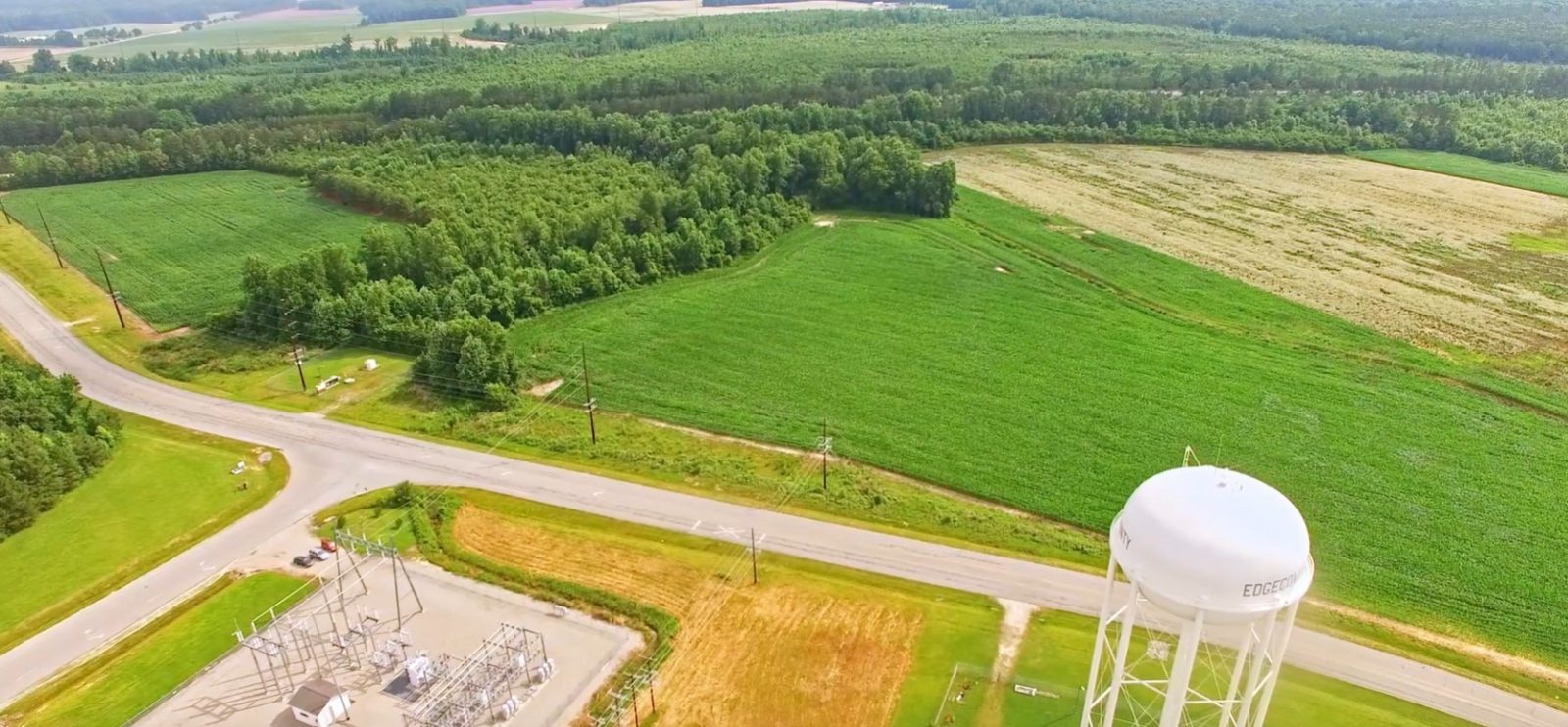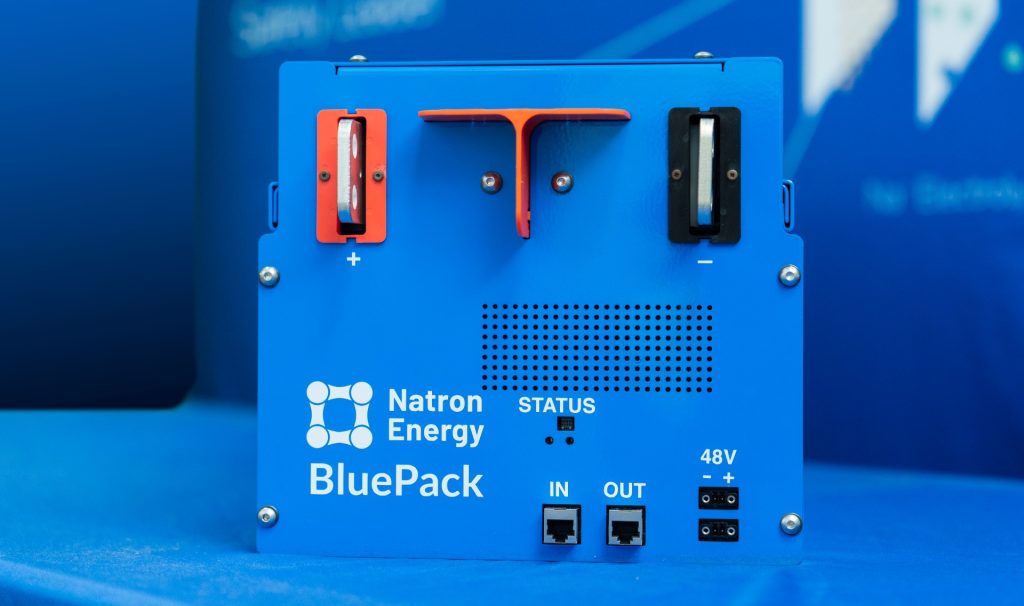
Natron Energy has announced it will build the first sodium-ion battery gigafactory in the US, in North Carolina.
The Santa Clara, California-headquartered sodium-ion battery technology company will build the sodium-ion battery gigafactory in Edgecombe County, North Carolina, where it expects to produce 24 gigawatts (GW) of sodium-ion batteries annually at full capacity.
The Edgecombe County factory will enable a 40x scale-up of Natron’s current production capacity – it already has a factory in Holland, Michigan – while supporting over 1,000 jobs at full operating capacity.
The nearly 1.2 million-square-foot factory at the 437-acre Kingsboro megasite (pictured above) will represent a total investment of nearly $1.4 billion from Natron Energy. It’s facilitated in part by a Job Development Investment Grant from the North Carolina Department of Commerce, which gives cash grants directly to a company when it creates jobs and invests in the state. Over the course of the grant’s 12-year term, it’s estimated that the project will grow North Carolina’s economy by $3.4 billion.
However, there’s no timetable yet for breaking ground, when it will come online, or when it reaches full production capacity.
Natron’s batteries are currently the only UL-listed sodium-ion batteries on the market. They’ll be delivered to power-hungry data centers, microgrids, telecoms, and EV fast charging, among others.

Natron asserts that its sodium-ion batteries offer higher power density, more cycles, a domestic US supply chain, and unique safety characteristics over other battery technologies.
The company says its patented Prussian blue electrodes store and transfer sodium ions faster and with lower internal resistance than any other commercial battery on the market today. Its battery chemistry presents zero strain during charging and discharge, 10x faster cycling than traditional lithium-ion batteries, and 50,000+ cycle life. Natron’s supply chain requires zero lithium, cobalt, or nickel.
Sodium-ion batteries are gaining attention as a potential alternative to lithium-ion batteries for EVs, mainly due to their cost-effectiveness and abundance of raw materials. Sodium is more readily available and less expensive than lithium, making it an attractive prospect for scaling up EV production.
However, sodium-ion batteries still lag behind lithium-ion in energy density, meaning vehicles powered by them may have shorter ranges. Sodium-ion batteries need more development before they can compete head-to-head with lithium-ion in the EV market. There are currently no commercially available EVs powered by sodium-ion batteries.
Read more: China’s first large-scale sodium-ion battery charges to 90% in 12 minutes
If you’re an electric vehicle owner, charge up your car at home with rooftop solar panels. To make sure you find a trusted, reliable solar installer near you that offers competitive pricing on solar, check out EnergySage, a free service that makes it easy for you to go solar. They have hundreds of pre-vetted solar installers competing for your business, ensuring you get high quality solutions and save 20-30% compared to going it alone. Plus, it’s free to use and you won’t get sales calls until you select an installer and share your phone number with them.
Your personalized solar quotes are easy to compare online and you’ll get access to unbiased Energy Advisers to help you every step of the way. Get started here. –ad*
FTC: We use income earning auto affiliate links. More.


